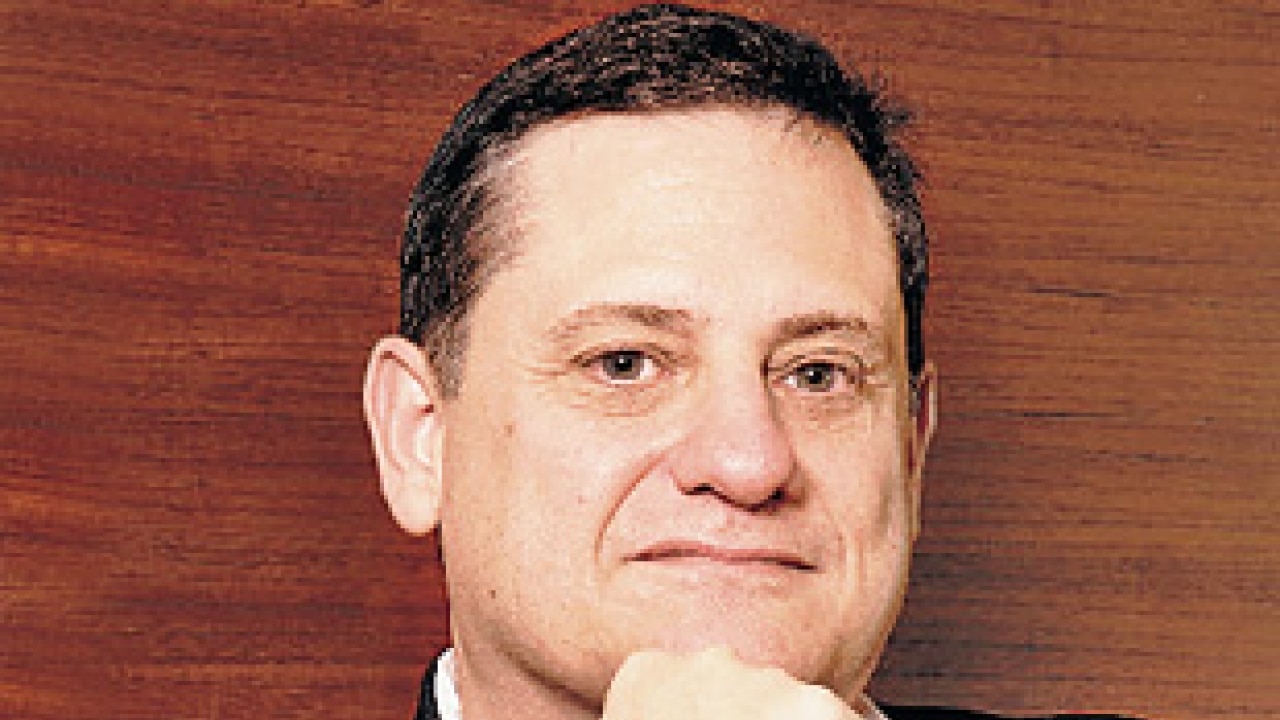
Organisations rarely develop leadership pipelines or plan successors in advance. This is compelling them to import leaders from other countries, says Ed Cohen, executive VP, Nelson Cohen Global Consulting, who is in India to attend the HR Leadership Congress India. In an interview with DNA, Cohen, who helps firms grow their leadership pipelines, talks about how the Tatas should have started searching for a successor 15 years ago and how firms should draw inspiration Indian cricket team on leadership. Excerpts:
When it comes to succession planning, where does Indian Inc stand?
The Indian market is growing fast, but succession planning is too short. Organisations should plan leadership needs looking at longer time periods. They should look at 10-20 years from now and evaluate their leadership requirements for those periods. They need to look for leaders who can build and sustain relationships and create trust so that people are ready to work with them.
There is too much buzz over Ratan Tata’s successor.
As far as Tata’s succession goes, they waited too long to identify a successor. They have the founder’s syndrome, wherein the founder looks at the business like his daughter and therefore wants the perfect husband for the daughter. They should have identified someone 15 years ago. Look at GE. Ten years before Jack Welch retired, they identified six potential candidates and groomed them and finally one of them, Jeff Immelt became the CEO. Tatas will have difficulty in transitioning, as people will have to connect with the new head. When Narayan Murthy retired, he transitioned into the role of chief mentor. Ratan Tata needs to move into the role of the chief mentor. The market however will not respond negatively as the market sees Tata as a strong and successful house and will give time for the transitioning to happen. The Tata group has enough equity and goodwill for anyone to react negatively.
What if the next head is not from the Tata family?
There are many firms where the founding family is not currently with the firm. No one says that just because the founding family is not working, the group can’t succeed. Tata has its own identity. It will evolve, as it is a living organism as has the spirit of the Tata family. Look at companies such as Goldman Sachs, O&M, McKinsey, today no one from their founding families are associated with them. Also Walt Disney - today the founding family is not involved. But they are bigger and have kept the spirit of Disney alive. You won’t find gambling happening in Disney parks. It is still the place for the entire family to enjoy. The DNA of the organisation should be kept intact.
Do global firms pay heed to succession planning?
No. Result is a shortage of leaders. Firms are importing leaders from other countries. Many firms have grown so fast that they have imported rather than created leaders. But Proctor &Gamble is a different case. They grow all their leaders internally and don’t import. They could not have done that overnight. Firms need to think of a pipeline. Also when leaders are imported from outside, companies need to use their skills to further build leadership internally.
Several Indians are heading global firms.....
Yes. India is one of the largest exporters of leaders. There are so many academic and corporate institutions lead by Indians. But the questions is, as Indian economy grows, will there be enough leaders in India, who will lead companies in India and will they be able to entice leaders from abroad? Greatest leaders can come from anywhere and not just from your own backyard. Look at the IPL. You have the best cricketers playing. There is no nationality. Same way organisations should look at the best leaders without any boundaries of nationality. Look at the Indian team winning the World Cup. The leadership was shared. There were many leaders like captain, vice captain, coach, senior players. If one didn’t have prowess in a particular area, there was another leader. Many leaders mean many voices and every member of the team could voice his opinions. Firms should learn from sports, spiritual organisations, as leadership is not just about business, but humanity and people.